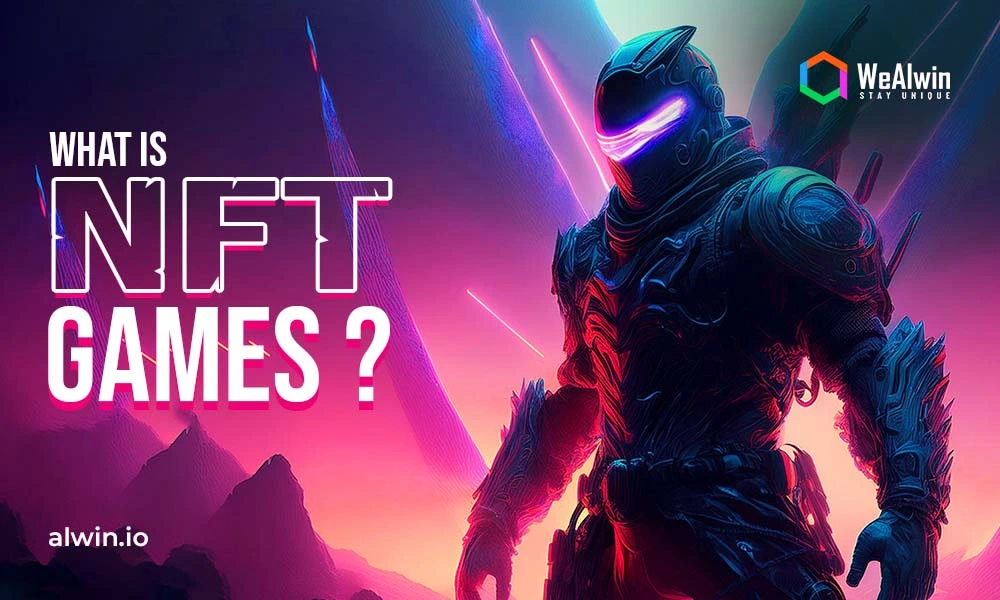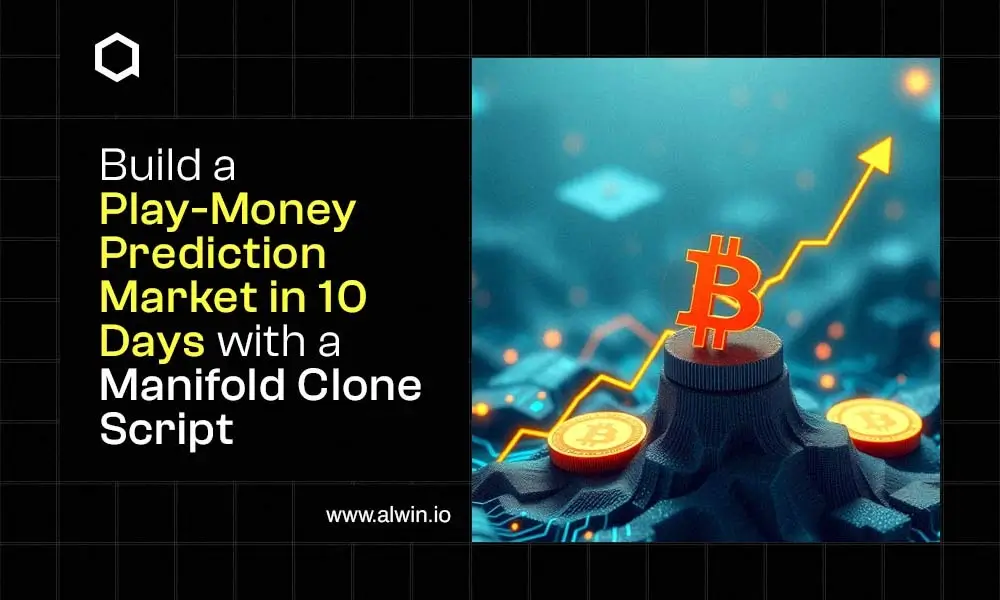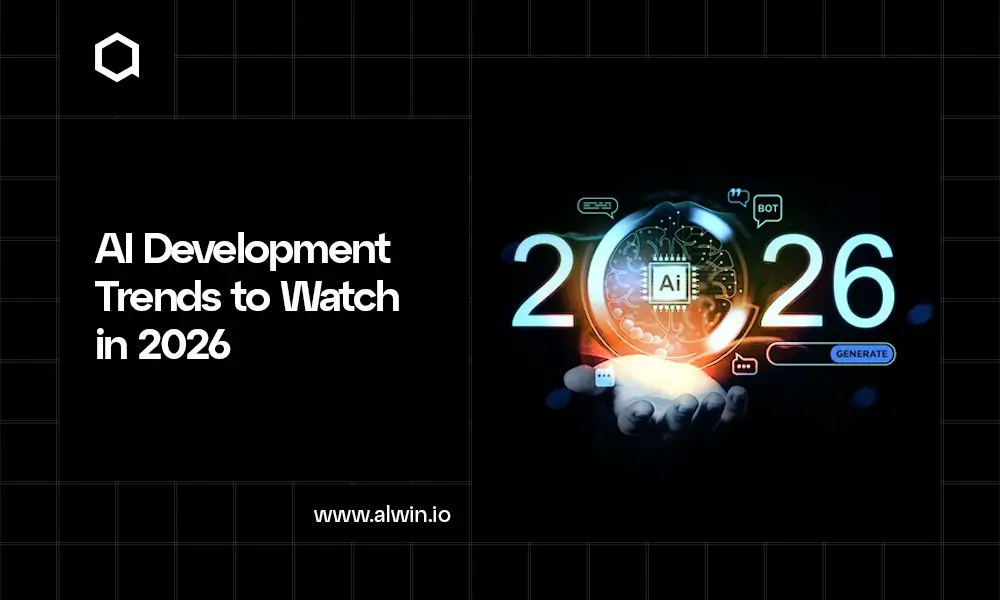What Is NFT Games?
In simple terms, NFT games, or non-fungible token games, are video games that integrate blockchain technology to create digital assets called NFTs (non-fungible tokens). These NFTs represent unique in-game items such as characters, skins, weapons, or even virtual real estate, and players have true ownership of these assets, meaning they can buy, sell, and trade them just like any physical item.
The rise of NFT games is no longer just a trend. These games are turning the gaming industry by offering players a way to monetize their gaming experience and create real-world value from their in-game achievements. As a result, businesses and investors are paying close attention, realizing that the future of gaming might just lie in this exciting blend of blockchain and interactive entertainment.
How Do NFT Games Work?
NFT games work by integrating blockchain technology, which acts as a digital ledger to record and verify ownership of in-game assets. In traditional games, players might collect items or characters, but they don’t truly own them. With NFT games, each in-game item is represented as an NFT (non-fungible token), which is unique and can be traded or sold on blockchain marketplaces. This gives players real ownership and the ability to profit from their in-game achievements.
Key Features of NFT Games
Play-to-Earn (P2E) Model: Players can earn real rewards, like NFTs, cryptocurrency, tokens, and fiat money for their in-game activities, adding tangible value to their gaming experience.
Digital Ownership: Players truly own their in-game assets, such as characters and items, as NFTs. This means they can sell, trade, or use these assets outside the game.
Interoperability: NFT assets can often be used across different games, allowing for a broader gaming experience and increased asset value.
Provable Scarcity: Each NFT asset is unique and verifiable on the blockchain, ensuring that certain in-game items are rare and valuable.
Decentralized Marketplace: Players can buy, sell, or trade their assets in secure marketplaces, using cryptocurrency, which enhances the trading experience.
Smart Contracts: Automated contracts handle transactions and rewards securely and transparently, building trust between players and the game.
Tokenomics: Many NFT games have tokens that players can earn and use for in-game purchases, adding financial incentives to gameplay.
Customizable Avatars and Characters: Players can personalize their in-game characters and items, creating a unique identity and gameplay experience.
Staking and Yield Farming: Some games offer options to earn additional rewards by locking in their assets, increasing potential earnings for players.
Governance Models (DAO): Players can participate in decision-making about game development and policies by holding governance tokens, giving them a say in the game's future.
Benefits of NFT Games for Businesses
New Revenue Streams
NFT games open up exciting new ways for businesses to generate revenue. Companies can monetize through in-game transactions, where players buy NFTs like skins, characters, or items. These digital assets can also become collectibles, which players trade in NFT marketplaces. Additionally, businesses can earn from transaction fees when players buy, sell, or trade these NFTs, creating a sustainable NFT game revenue model.
Engagement and User Loyalty
One of the biggest benefits of NFT games is the higher engagement they drive. When players have real ownership of their in-game assets, they are more invested in the game. This creates a deeper connection and builds long-term loyalty. Players are also more likely to return to a game where their digital assets have real-world value, encouraging active participation and growth.
Branding and Partnerships
Businesses can collaborate with game developers to create branded NFTs or launch their NFT-based games, boosting their brand visibility. By entering the NFT gaming space, brands can connect with a tech-savvy audience and position themselves as innovative leaders. These partnerships can also extend to in-game advertising and product placements, offering multiple ways to enhance brand recognition.
Why Are NFT Games Gaining Popularity?
Scarcity and Exclusivity of Digital Assets:
A key reason why NFT games are gaining traction is the concept of scarcity. Unlike traditional in-game items, NFTs are unique, limited in number, and cannot be duplicated. This sense of exclusivity appeals to players, as owning rare digital assets gives them a sense of prestige and status within the game community. Scarcity adds real-world value to these items, making players feel like they are part of something special.
Cross-Game Compatibility:
Another trend boosting the popularity of non-fungible token games is the ability to use the same NFT assets across multiple games. For example, players can take a character or weapon from one game and use it in another. This cross-game compatibility offers players more freedom and equips the value of their digital assets, making them more willing to invest time and money in acquiring NFTs.
Growing Investment in NFT Gaming by Major Brands:
Big brands and gaming companies are jumping into the NFT gaming space, which is driving its growth and visibility. Well-known companies are either developing their NFT-based games or collaborating with developers to create branded NFTs. This increasing investment from established brands is fueling the expansion of the industry and validating it as a legitimate business model, further increasing the appeal to players and investors.
Future of NFT Gaming
Innovation and Technology Growth:
The landscape of NFT gaming is on the brink of transformation due to emerging technologies. Innovations in blockchain technology and decentralized platforms will not only improve game security but also provide players with richer, more immersive experiences. Technologies like augmented reality (AR) and virtual reality (VR), when integrated with NFTs, can elevate gameplay to new heights. Players will enjoy high graphics and interactive environments, along with greater control over their digital assets through advanced smart contracts and seamless cross-platform functionality.
Market Projections:
The NFT gaming market is expected to experience remarkable growth, with projections indicating it could reach billions of dollars in value. This surge is driven by increasing player interest and significant investment from various sectors, including entertainment and technology. As more players flock to these platforms, businesses will have the opportunity to innovate and diversify their revenue streams through in-game transactions, asset sales, and sponsorships.
Examples of Successful NFT Games
Axie Infinity
Axie Infinity has emerged as a leading example of a play-to-earn game, transforming the NFT gaming landscape. Players breed, raise, and battle cute creatures called Axies, earning cryptocurrency and NFTs in the process. Its engaging gameplay combined with a robust economic model has made it a success, attracting millions of players and establishing a vibrant marketplace for Axie trades.
The Sandbox
In The Sandbox, players can create, own, and monetize their virtual worlds using NFTs. This game enables users to design custom experiences and sell virtual real estate, blurring the lines between gaming and real estate investment. By fostering a creative community, The Sandbox has become a popular platform for creators and investors alike, driving engagement and profitability.
Gods Unchained
Gods Unchained has successfully carved out a niche in the card-based NFT games sector. Players collect, trade, and battle with unique cards, which they truly own as NFTs. This game combines strategic gameplay with real ownership, appealing to both card game enthusiasts and crypto investors. The success of Gods Unchained illustrates the possibility of combining traditional gaming elements with blockchain technology.
Other successful NFT games include Decentraland, where users can explore a 3D virtual world, and Sorare, a fantasy football game using NFT player cards. Each of these games emphasizes unique features, such as community involvement, asset ownership, and innovative economic models that enhance player engagement and profitability. Their success highlights the growing appeal of NFT gaming trends and the diverse opportunities available within the market.
Conclusion
In summary, NFT games represent a transformational shift in the gaming industry, combining blockchain technology with engaging gameplay to provide players with true ownership of their in-game assets. Understanding how NFT games work—from their unique economic models to their appeal to players—highlights their significance for businesses looking to innovate and connect with audiences.
Now is the time for businesses to get into the NFT gaming space. Whether by developing their games or investing in existing platforms, countless opportunities are waiting to be explored. WeAlwin Technologies, a leading NFT game development company, is here to help you guide through this exciting landscape. Take up this trend and position your brand at the forefront of the next wave in gaming!



